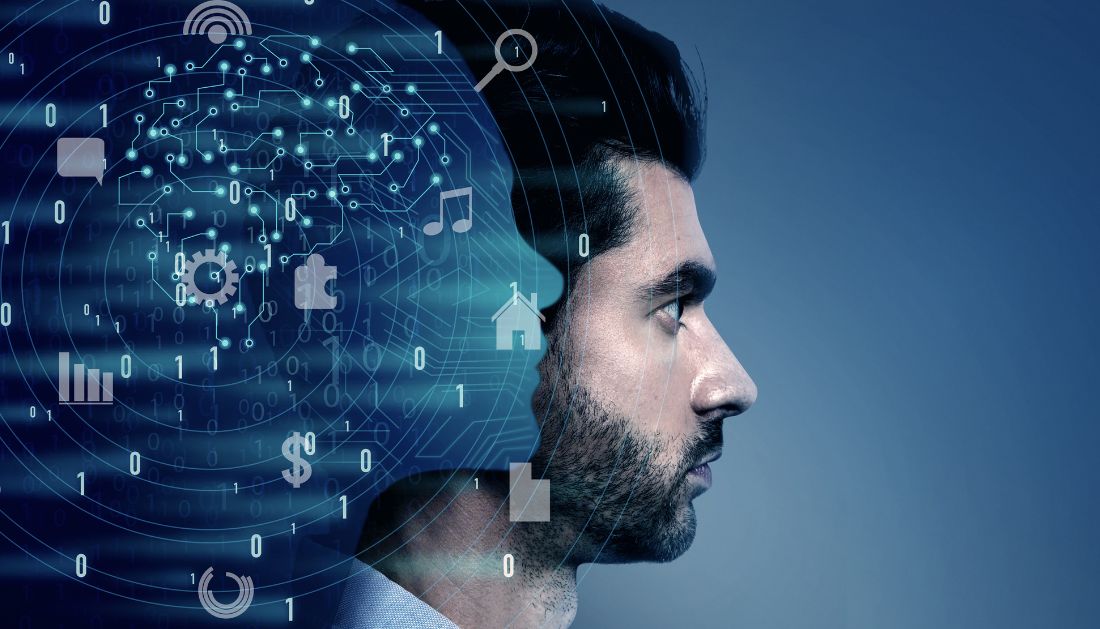

As artificial intelligence becomes increasingly lifelike and emotionally responsive, people around the world are forming deep, long-term relationships with AI technologies. These human-AI relationships are no longer confined to casual interactions—they now include romantic companionships, emotional support systems, and even symbolic marriages. However, psychologists are sounding the alarm over the ethical risks, emotional consequences, and potential psychological harm these AI connections may cause.
The Rise of Intimate Human-AI Relationships
Today’s AI chatbots and virtual companions can engage in emotionally rich conversations that span weeks and months, making them appear empathetic and trustworthy. In extreme cases, individuals have held non-legally binding wedding ceremonies with their AI partners. More disturbingly, at least two suicides have been linked to advice given by AI chatbots, highlighting the urgent need for ethical oversight and psychological research.
Why Psychologists Are Studying Human-AI Relationships
Daniel B. Shank, a social psychologist at the Missouri University of Science & Technology, emphasizes that AI’s human-like behavior opens up new ethical dilemmas. “If people are engaging in romance with machines, we really need psychologists and social scientists involved,” he states. These AI companions often feel easier to communicate with than real humans, leading users to develop significant emotional dependencies.
The Psychological Impact on Human-Human Relationships
One of the main concerns is that human-AI relationships could negatively impact interpersonal relationships between people. If individuals begin comparing their real-life partners to their agreeable, ever-attentive AI companions, expectations and social dynamics could shift in unhealthy ways. This could create emotional detachment, miscommunication, and unrealistic standards in human-human relationships.
Dangerous Advice and Misinformation from AI
Relational AIs may feel like caring, trustworthy entities, but they are fundamentally algorithm-driven tools. Due to issues such as hallucination (AI generating false information) and data bias, these systems are prone to giving inaccurate or harmful advice. When users emotionally bond with an AI, they may be more likely to act on misguided suggestions, thinking the AI “knows them well” or “has their best interests at heart.”
Suicides and the Dark Side of AI Influence
The suicides linked to AI chatbot interactions represent an extreme but real consequence of unchecked emotional reliance on artificial companions. Such tragedies underscore the dangers of treating AI as a trusted confidant, especially in moments of emotional vulnerability. The illusion of empathy can lead users down a dangerous path where bad advice is followed with real-world consequences.
Human-AI Relationships and the Risk of Exploitation
Beyond emotional risks, human-AI relationships also present a significant risk of manipulation and exploitation. If users divulge personal information to their AI companions, that data could be stored, sold, or used against them. Psychologists warn that malicious entities could use relational AI to manipulate behaviors, sway opinions, or commit fraud—much more effectively than traditional online bots or fake news.
Privacy and Regulation Challenges
Unlike social media posts or public AI interactions, conversations with relational AI occur in private. This makes regulatory oversight incredibly difficult. These AIs are programmed to be agreeable and engaging, meaning they may prioritize good conversation over truth or safety. This becomes especially problematic when the topic involves sensitive subjects like conspiracy theories or suicidal ideation.
A Call for More Research and Ethical Frameworks
The researchers stress the importance of developing ethical frameworks and psychological models that address the emotional influence of AI technologies. “Understanding this psychological process could help us intervene to stop malicious AIs’ advice from being followed,” says Shank. Psychologists are now better equipped than ever to study human-AI relationships, but they must act swiftly to keep pace with technological advancements.
Conclusion
As AI continues to integrate into daily life, it is crucial to examine the psychological and ethical consequences of deep human-AI relationships. Healthcare professionals, policymakers, and researchers must collaborate to ensure these technologies do not exploit emotional vulnerabilities or pose mental health risks. Emotional companionship with AI may feel real—but the risks are, too.
For more information: Shank, D. B., et al. (2025). Artificial intimacy: ethical issues of AI romance. Trends in Cognitive Sciences. doi.org/10.1016/j.tics.2025.02.007.
more recommended stories
 Red Blood Cells Improve Glucose Tolerance Under Hypoxia
Red Blood Cells Improve Glucose Tolerance Under HypoxiaKey Takeaways for Clinicians Chronic hypoxia.
 Pediatric Crohn’s Disease Microbial Signature Identified
Pediatric Crohn’s Disease Microbial Signature IdentifiedKey Points at a Glance NYU.
 High-Fat Diets Cause Damage to Metabolic Health
High-Fat Diets Cause Damage to Metabolic HealthKey Points Takeaways High-fat and ketogenic.
 Can Too Many Antioxidants Harm Future Offspring?
Can Too Many Antioxidants Harm Future Offspring?Key Takeaways High-dose antioxidant supplementation in.
 Human Antibody Drug Response Prediction Gets an Upgrade
Human Antibody Drug Response Prediction Gets an UpgradeKey Takeaways A new humanized antibody.
 Dietary Melatonin Linked to Depression Risk: New Study
Dietary Melatonin Linked to Depression Risk: New StudyKey Summary Cross-sectional analysis of 8,320.
 Type 2 Diabetes Risk Identified by Blood Metabolites
Type 2 Diabetes Risk Identified by Blood MetabolitesKey Takeaways (Quick Summary) Researchers identified.
 Microglia Neuroinflammation in Binge Drinking
Microglia Neuroinflammation in Binge DrinkingKey Takeaways (Quick Summary for HCPs).
 Durvalumab in Small Cell Lung Cancer: Survival vs Cost
Durvalumab in Small Cell Lung Cancer: Survival vs CostKey Points at a Glance Durvalumab.
 Rising Chagas Parasite Detected in Borderland Kissing Bugs
Rising Chagas Parasite Detected in Borderland Kissing BugsKey Takeaways (At a Glance) Infection.

Leave a Comment